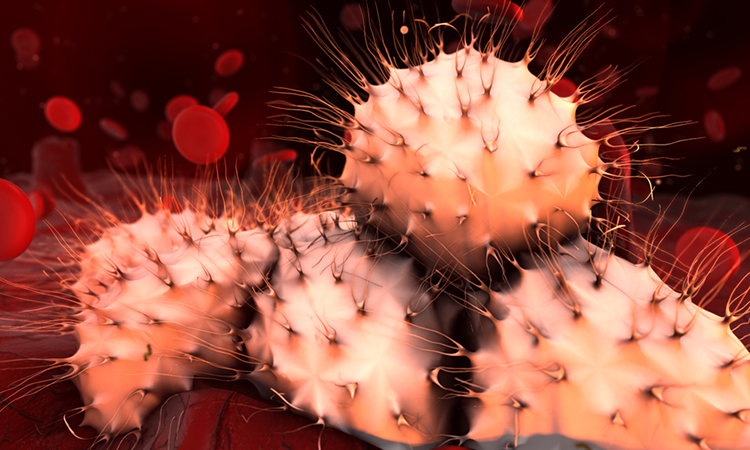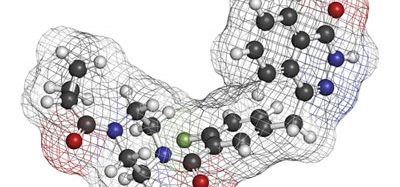Researchers identify how to potentially prevent cancer metastases
Posted: 3 June 2021 | Victoria Rees (Drug Target Review) | No comments yet
Scientists have discovered that hepatic stellate cells are key in allowing dormant cancer cells to awaken and form fatal metastases.


Researchers at the University of Basel, Switzerland, have discovered how “sleeping cells” are kept dormant and how they wake up and form fatal metastases. The team also found ways to potentially block this process.
According to the researchers, metastases can develop in the body even years after apparently successful cancer treatment. They originate from cancer cells that migrated from the original tumour to other organs and which can lie there inactive for a considerable time. Currently, cancer medicine relies on monitoring cancer patients after their initial treatment in order to detect the awakening of these cells to form metastases. One of the biggest questions in cancer research is what exactly causes this transition.
“This dormancy period offers an important therapeutic window in which the number of cancer cells and their heterogeneity are still manageable,” said Professor Mohamed Bentires-Alj, group leader from the study. “Understanding the cellular and molecular mechanisms underlying tumour dormancy is therefore crucial to preventing the recurrence of cancer.”
The team used mouse models and human tissue samples to determine how cancer cells, which had originally migrated from a mammary tumour to the liver, remained dormant or awoke to form metastases.
They found that two cell types play a key role in this transition. One of these cell types is the natural killer cell, a type of immune cell that traditionally kills abnormal or infected cells, but can also slow down their proliferation. As the researchers found, this is exactly what they appear to do to control dormant cancer cells. The natural killer cells secrete a messenger substance called interferon gamma, which keeps the cancer cells in hibernation.
The other cell type, the hepatic stellate cell, influences the natural killer cells. When hepatic stellate cells are activated, they inhibit the immune cells, which in turn allows the cancer cells to awaken from hibernation.
“There can be various reasons why hepatic stellate cells are activated; for example, chronic inflammation in the body or persistent infection,” said first author Dr Anna Correia.
The researchers say that the results indicate several possible methods of preventing metastasis: immunotherapy based on interleukin-15, which increases the number of natural killer cells in the tissue; interferon gamma therapy, which maintains the dormant state of the cancer cells; and inhibitors of the mechanism through which the hepatic stellate cells paralyse the natural killer cells. Therapies already exist for all these approaches, but they still need to be clinically tested.
“Our findings raise the hope of immunotherapies that focus on natural killer cells as a preventive strategy for patients with dormant cancer cells at risk of developing metastases,” said Bentires-Alj. “The next stage on the long road to an established treatment will be to show that stimulating natural killer cells prevents metastasis in human patients.”
“These cells are a natural barrier against metastasis in the liver,” Correia said. If they could be used to prevent the development of metastases in other parts of the body, too, it might be possible to permanently prevent the recurrence of cancer. “
The findings are published in Nature.
Related topics
Immunology, Molecular Targets, Oncology, Target Validation
Related conditions
Cancer
Related organisations
University of Basel
Related people
Dr Anna Correia, Professor Mohamed Bentires-Alj








